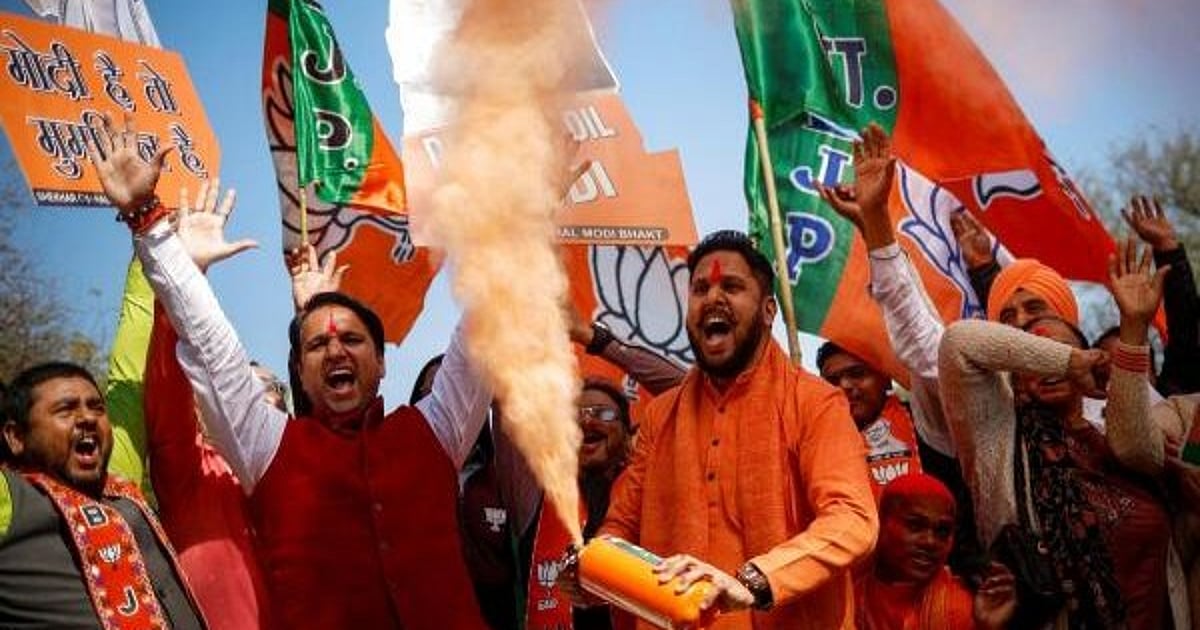 |
|
The recent Delhi election results have sent ripples throughout India's political landscape, raising significant concerns about the delicate balance of power within the country's federal structure. The outcome, regardless of the specific winning party, highlights a troubling trend: the potential for central government overreach to undermine the autonomy and rights of states governed by opposing political parties. This isn't simply a matter of partisan politics; it speaks to the very foundation of India's democratic framework and the principles of federalism upon which it rests. The implications extend far beyond Delhi's city limits, impacting the relationship between the central government and other state governments across the nation.
The inherent tension between a strong central government and empowered states is a constant feature of federal systems worldwide. India, with its diverse population and regional variations, is particularly susceptible to this dynamic. A healthy federal structure necessitates a clear delineation of responsibilities and powers, ensuring that the central government respects the autonomy of individual states within their constitutionally defined jurisdictions. However, the Delhi results suggest a concerning erosion of this balance. The perceived rewarding of central overreach, regardless of the specific political motivations, sets a dangerous precedent. It sends a message that such actions, even if perceived as undemocratic or detrimental to state rights, can be politically advantageous.
This precedent threatens to destabilize the entire federal system. If states perceive a lack of protection for their autonomy and a tendency for the central government to prioritize its own political agenda over respecting state-level governance, it could lead to increased friction, political instability, and even a decline in overall governance effectiveness. The consequences could range from hampered economic development due to inter-governmental conflict to diminished citizen trust in the political process. The potential for increased social unrest and political polarization is also a significant concern. A healthy federation requires trust and cooperation between different levels of government; eroding that trust through overreach threatens the very fabric of the system.
The challenge lies in finding a way to balance the needs of a strong, unified nation with the rights and autonomy of individual states. This necessitates a robust constitutional framework that clearly defines the boundaries of power and a political culture that respects those boundaries. It also requires a commitment from all political actors, regardless of their ideology or party affiliation, to uphold the principles of federalism and to engage in constructive dialogue and compromise to resolve disagreements. The Delhi results serve as a stark reminder that the health of India's democracy is inextricably linked to the health of its federal structure. Neglecting this crucial aspect of governance will have far-reaching and potentially catastrophic consequences.
Looking forward, a crucial step is to ensure greater transparency and accountability in the interactions between the central government and state governments. Mechanisms for dispute resolution and arbitration need to be strengthened to provide a fair and impartial process for addressing conflicts. Furthermore, promoting a culture of respect for the diversity of views and interests across different states is essential. This requires a commitment to inclusivity and a willingness to engage in genuine dialogue to find common ground. The current situation demands a serious and thorough reassessment of the balance of power within India's federal structure. A national conversation is needed to address the concerns raised by the Delhi results and to develop mechanisms that will protect and strengthen the principles of federalism in the years to come. The future stability and prosperity of India hinge on finding a sustainable and equitable balance between the central government and its constituent states.
Source: Delhi results have implications for larger federal structure
